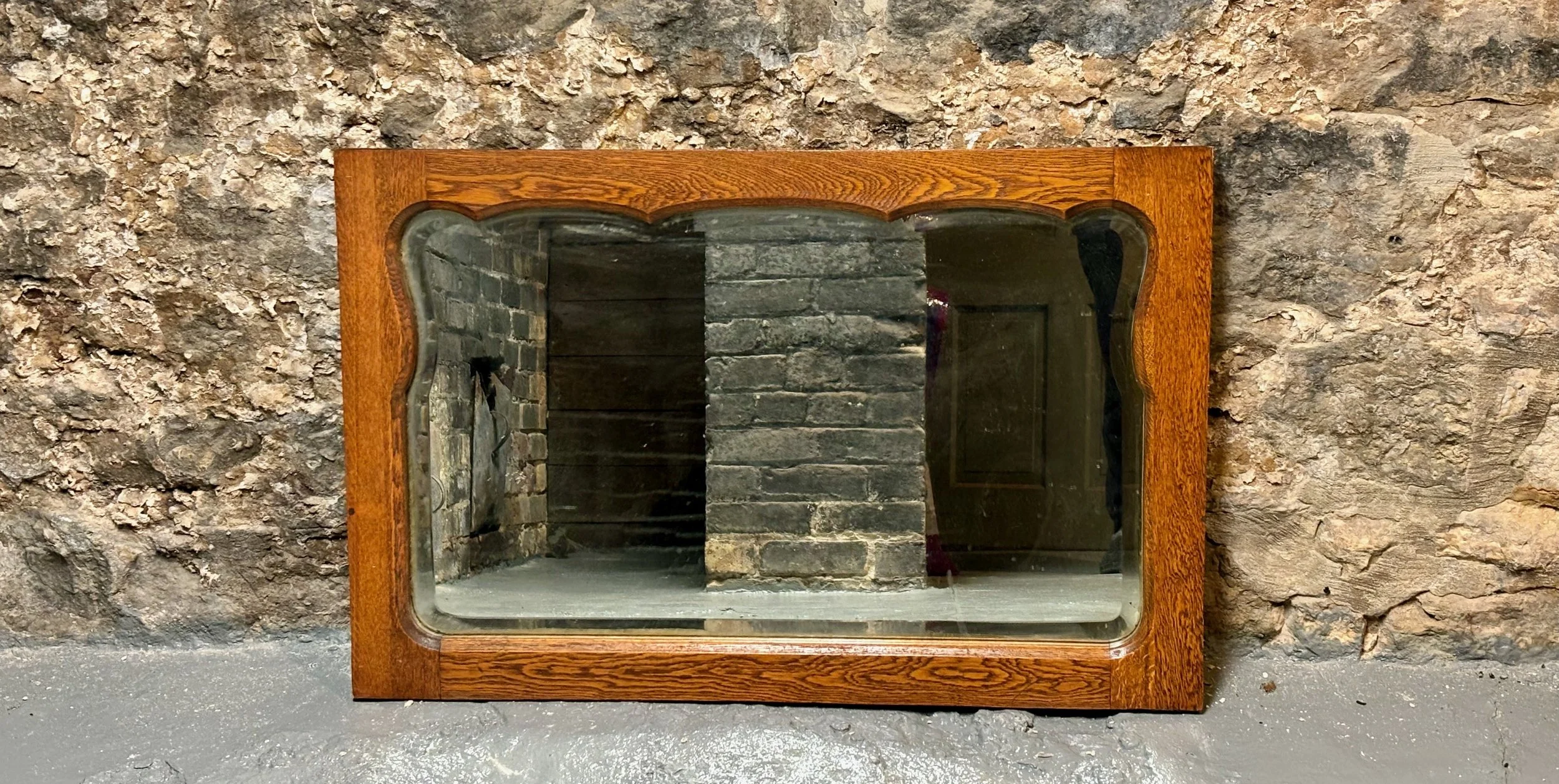Do you see what I see?
December 14th, 2023
Hello friend,
When I began this email series in June, my goal was to release things that hold us back and amplify things that help us shine. I hope we’re achieving that objective together.
One of the first themes we explored was identity, and I’d like to revisit this fundamental topic today. Rather than examining our core values and personal mission as we did earlier, I want to consider how our limited perspectives can distort our sense of self.
In particular, I wonder if you’ve ever felt that you aren’t well suited to key aspects of your job. Often, these feelings arise when we compare ourselves to one-dimensional caricatures of successful colleagues and determine that we don’t measure up.
Take being a professor, for example. If we don’t ignore our dinner companions to scribble down brilliant ideas or gladly forgo a trip to the beach in exchange for time spent on a manuscript, we may conclude that we don’t fit the mold.
This limited view hurts us. It robs us of the benefit of our strengths and makes us feel less than. But the damage doesn’t stop there. These misguided attitudes hurt all of us by perpetuating an academic culture that is narrow and constraining and that discourages growth and innovation.
To be clear, we didn’t concoct these restrictive beliefs on our own. Rather, they are a result of the environments we operate in. Here's the good news. As we shift these damaging narratives, we reclaim agency and simultaneously begin to change the culture itself.
Before we explore ways of doing just that, I want to explicitly acknowledge that this kind of inner work is merely one tool. An entire toolbox is needed, especially if we seek to foster a society in which all identities are celebrated.
So where do we start?
First, let’s stop calling ourselves imposters for once and for all. Please. Whatever job we're in, we deserve to be there. And our colleagues need our wisdom, perspective, and expertise.
Second, how about reshaping the professional mold that keeps us stuck? Let’s start by writing down all of the stereotypical skills and attributes that come to mind when thinking of our current position (e.g., true leaders are confident and decisive at all times). Then we can create a more inclusive description and consider ways in which this new rendering is not only kinder, but also truer than the original.
Finally, let’s take time to ponder who we need to be in 2024 to have the life and career we want. How will we show up? What tiny shifts will we make to get there? Or, as psychologist Rick Hanson puts it, what do we want to do today that will be a gift to the person we are tomorrow or 10 years from now?
I’ll be taking some time off over the coming weeks, so this will be my final newsletter of the year. During the hiatus, I’ll be mulling over possible changes to the structure and content of these emails, so please let me know if you have ideas. I would greatly value your input.
As I close for today, I will leave you with these words of prayer from Well in the Lead (WITL):
Help me bring the best possible,
most sincere version of myself
to everything I do,
not because it will be perfect—
far from it—
but because the challenges of this work
require the full expression of everyone’s
unique talents and strengths.
Finally, help me bring out
the highest
and most authentic versions
of everyone I encounter,
that they too may grace our work
with their full wisdom and presence.
(WITL chapter 3, pp. 36-37)
As always, thanks for being here, and thanks for being you.
With much love and gratitude,
Elizabeth
